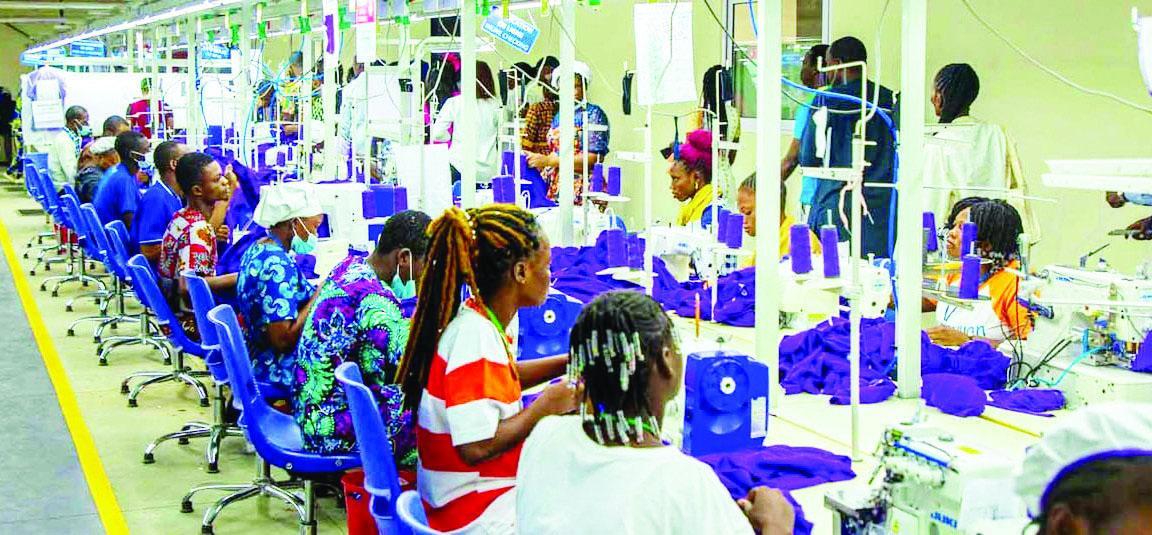Africa-Press – Malawi. The Economics Association of Malawi (Ecama) has called for urgent policy reforms to incentivise the transition of informal businesses into the formal sector, citing structural imbalances that continue to impede national productivity and economic growth.
The call comes as the latest FinScope survey reveals the existence of 5.7 million informal businesses supporting 1.9 million employees across the country, representing significant untapped potential for economic transformation.
In an interview, Ecama President Bertha Bangala Chikadza said current taxation policies, particularly VAT thresholds, are discouraging small and medium enterprises (SMEs) from formalising due to high compliance costs.
She argues that the government needs to raise the VAT threshold to reduce compliance costs and bring more SMEs from informality, which could have a positive effect on government revenue.
“On VAT threshold, it penalises the SMEs because the compliance cost is high. If we are to look into data, 80 percent of VAT revenues come from 20 percent of the large taxpayers and not the SMEs,” Chikadza said.
The Ministry of Trade has responded by implementing an incubation approach supported by new SME legislation that established the Small and Medium Enterprise Development Corporation (SMEDCO).
Director of SMEs and Cooperatives Limbikani Kachiwaya said transformative interventions were already taking shape, with young entrepreneurs being trained in business management and assisted with registration while being organised into cooperatives.
“Moving forward, it will be difficult to operate businesses without being registered, a move that promises transition of more SMEs into the formal sector,” Kachiwaya said.
The FinScope survey found that three out of five entrepreneurs operate agriculture-based businesses while only 24 percent are engaged in wholesale and retail trade, with few engaging in manufacturing.
The survey report stressed the great potential of informal businesses to increase the impact on poverty alleviation if challenges, including limited access to finance and markets, are eliminated.
During this year’s International ICT Expo, Reserve Bank of Malawi (RBM) Governor Macdonald Mafuta Mwale identified informality as the biggest obstacle to the country’s economic development.
“The number one problem that I want to solve in this economy is informality. We are doing things informally. No country can go anywhere with the extent of informality in this economy. We can manage to reduce [levels of] informality in Malawi and grow as an economy if we formalise and digitise.
“The transformative impact of digital financial services was witnessed in 2024, with transaction volumes increasing by 38.8 percent to 1.97 billion transactions with a total value of K187 trillion. These figures point to a maturing digital financial ecosystem that is more efficient, accessible, interoperable, safe and trusted,” Mwale said.
For More News And Analysis About Malawi Follow Africa-Press






